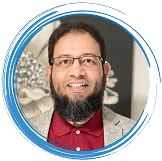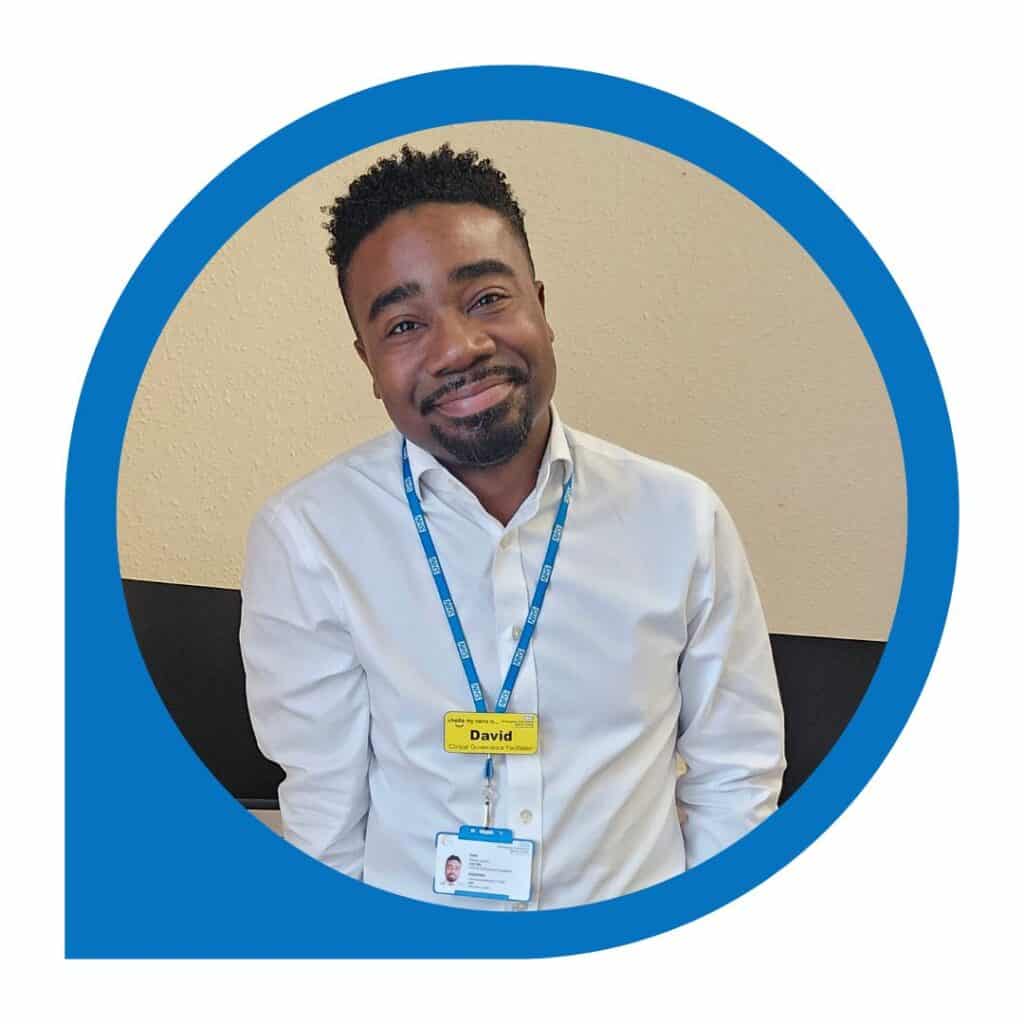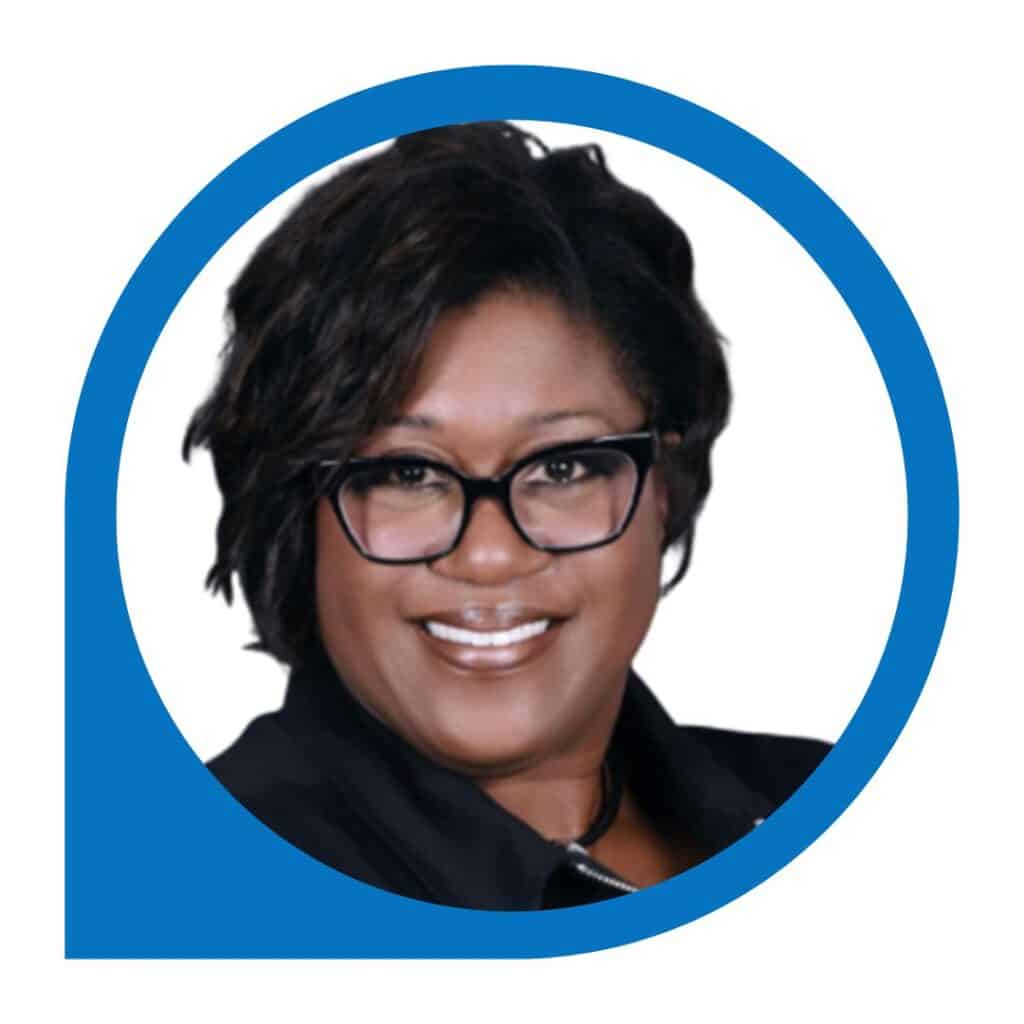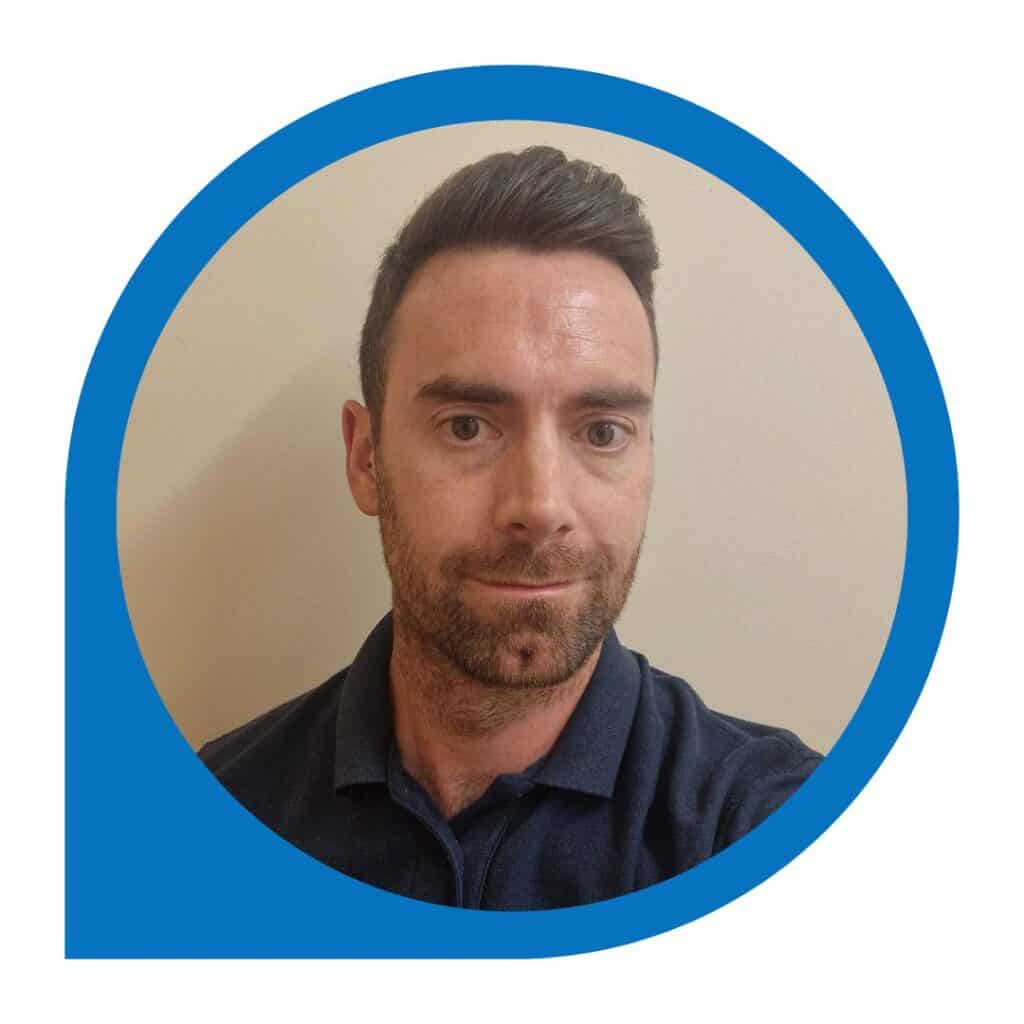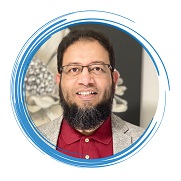
Please can you tell us about you and what you like to do outside of work.
Hello, I’m Farooq Khan and I’m a Consultant Psychiatrist for Birmingham and Solihull Mental Health Foundation Trust. I am responsible for a community mental health team which is based at our Ashcroft Unit. We mostly look after patients who are over 65 years of age, that includes some people who have organic conditions like dementia. I am also the Clinical Director for the specialities division.
Outside of work, I’m heavily involved with several charities that are very important to me. One of the charities is the Camel Foundation, which runs back home in India, where I originally come from. The Foundation’s mission is to build schools, colleges, and residential hostels for children within the community. In my city of Hyderabad in India I am also involved in other activities such as educational awareness programs for young doctors and Covid vaccinations. Getting young people into education and lighting the way for their future careers is a real passion of mine.
What inspired you to choose your profession and what made you decide to specialise in dementia and frailty?
I have always wanted to support those who are not able to express themselves. I knew I wanted to help individuals who were vulnerable and in need. In my role, I try and help people in the best way possible by trying to understand, get to know them, understand their needs, and wants. I connect with people quite easily and in my field, you have to have that sort of a human touch, showing kindness and compassion.
I wanted to specialise in dementia and frailty for many reasons. Again, it comes back to wanting to be that support line for the most vulnerable people in our society. I wanted to be a voice for them. For me, dementia is something that is the world’s biggest concern right now. As the population’s age increases, the conditions of dementia will also increase. The more professionals who are in line with understanding this type of illness and who are actively trying to help them will really make a positive difference to tens of thousands of lives in the future.
Can you talk about the work you do as Clinical Lead for Dementia West Midlands NHS England and Improvement?
I was appointed about two years ago as the Clinical Lead for Dementia in the Midlands. We have a Dementia forum where we invite speakers who are working on various topics surrounding dementia. Doctors, nurses, Occupational Therapists and many other health care professionals are in attendance. The forum gives us a chance to educate and learn, share experiences, notice patterns, trends and so on. Most recently we talked about the learnings from the national standards. So, for example, what is the national strategy of dementia and how are we doing in comparison?
We also have dedicated study sessions where we will pick up different topics, recently we have done a session on intellectual disability and dementia.
Monthly meeting groups for Clinical Commissioning Groups (CCG) were also established following the pandemic. A recovery pathway was created to improve the diagnostic rates of dementia, but the group also exists to support dementia services. We also have stakeholders such as Alzheimer’s Society, Social Care services, Birmingham City Council who attend our meetings. It is extremely encouraging to see such collaboration and how we are all working together so closely to drive much needed change.
What’s the most challenging thing about your role?
I would say one of the most challenging parts of the work as a psychiatrist dealing with dementia is sometimes we do not have a lot of medical treatments available. This is something which bothers me. There have been some improvements that have happened over a period of time, but the reality on the ground for the patients and the families is that for the last 20 years, we have not had new dementia medication.
How do you look after your own health and wellbeing?
My family is an important part of my life and that is one of the reasons I’m finishing my Clinical Director post at the end of this month. I’ve got my wife, my three children, the youngest is 6 weeks old! I feel when I come back home and I’m spending time with my family, that’s the best thing. My faith is the strongest driver for my work.
What’s the most interesting thing about you that people might not already know?
I like Indian poetry a lot. Particularly the works of Allama Iqbal.
Describe yourself in three words
Compassionate, committed and collaborative.
Published: 5 July 2022


